Learn how to make hard boiled eggs perfectly every time! With this easy method, they'll be easy to peel and have vibrant yellow yolks.
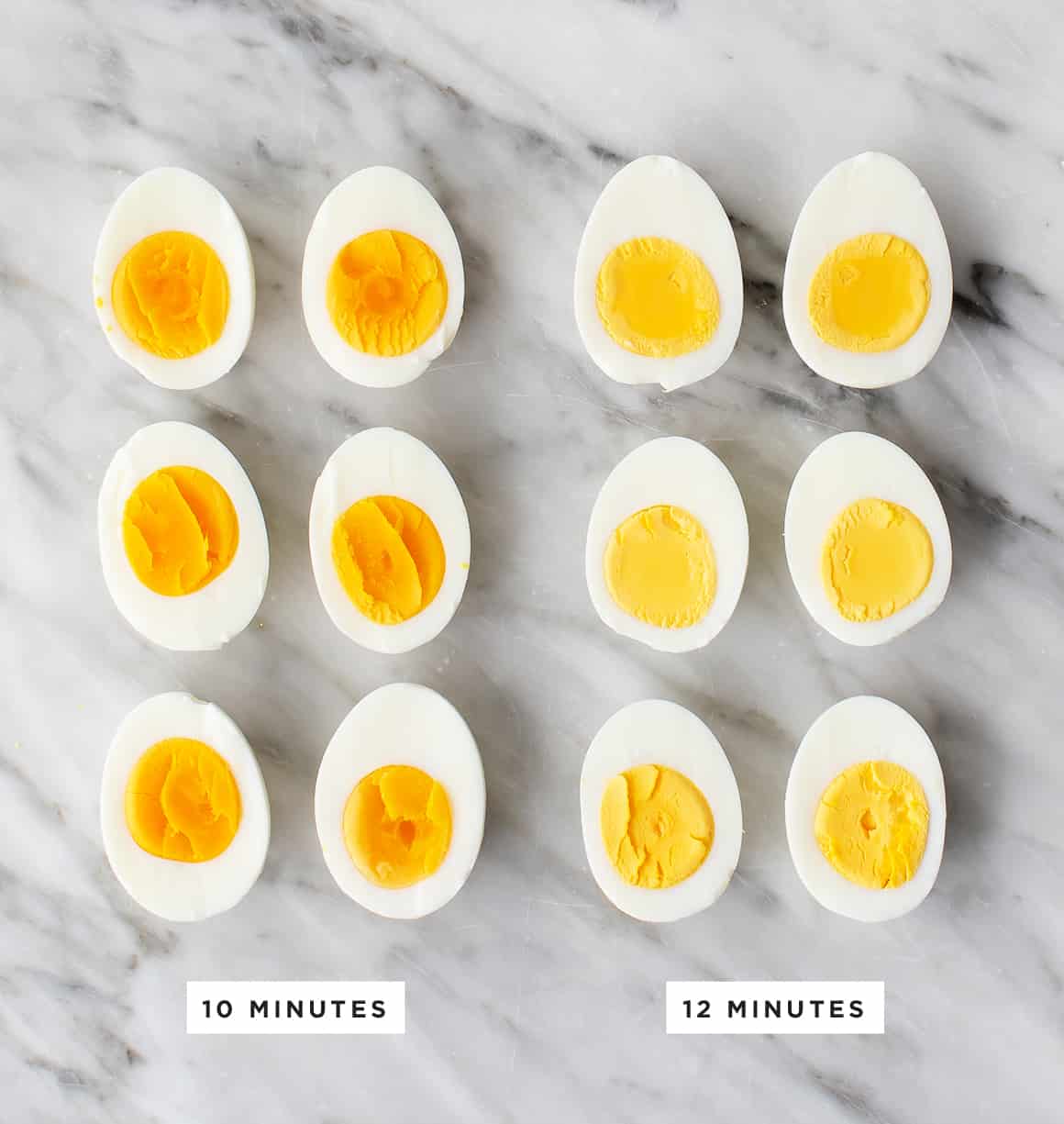
Here’s the good news: perfect hard boiled eggs are easy to make. …And the bad news: so are less-than-perfect ones. I don’t know about you, but I’ve certainly cooked my fair share of the latter. When you try to peel away the shell, half the whites come along with it, or when you cut it open, the yolk is slightly green instead of brilliant yellow. Pretty disappointing, if you ask me.
See, cooking perfect hard boiled eggs is easy, but that doesn’t mean that the process you use doesn’t matter. After years of trial and error, I’m happy to say that this method for how to make hard boiled eggs works every time! The yolks are always sunshine yellow, and the shells slide right off. Whether you’re getting ready for Easter, prepping for Passover, or just on the hunt for a protein-packed snack, this easy hard boiled egg recipe is guaranteed to please.

How to Make Hard Boiled Eggs
Follow these simple steps to make perfect hard boiled eggs every single time:
First, boil the eggs. Place them in a single layer in a pot or saucepan and cover them with cold water by 1 inch. Bring the water to a rolling boil over high heat.
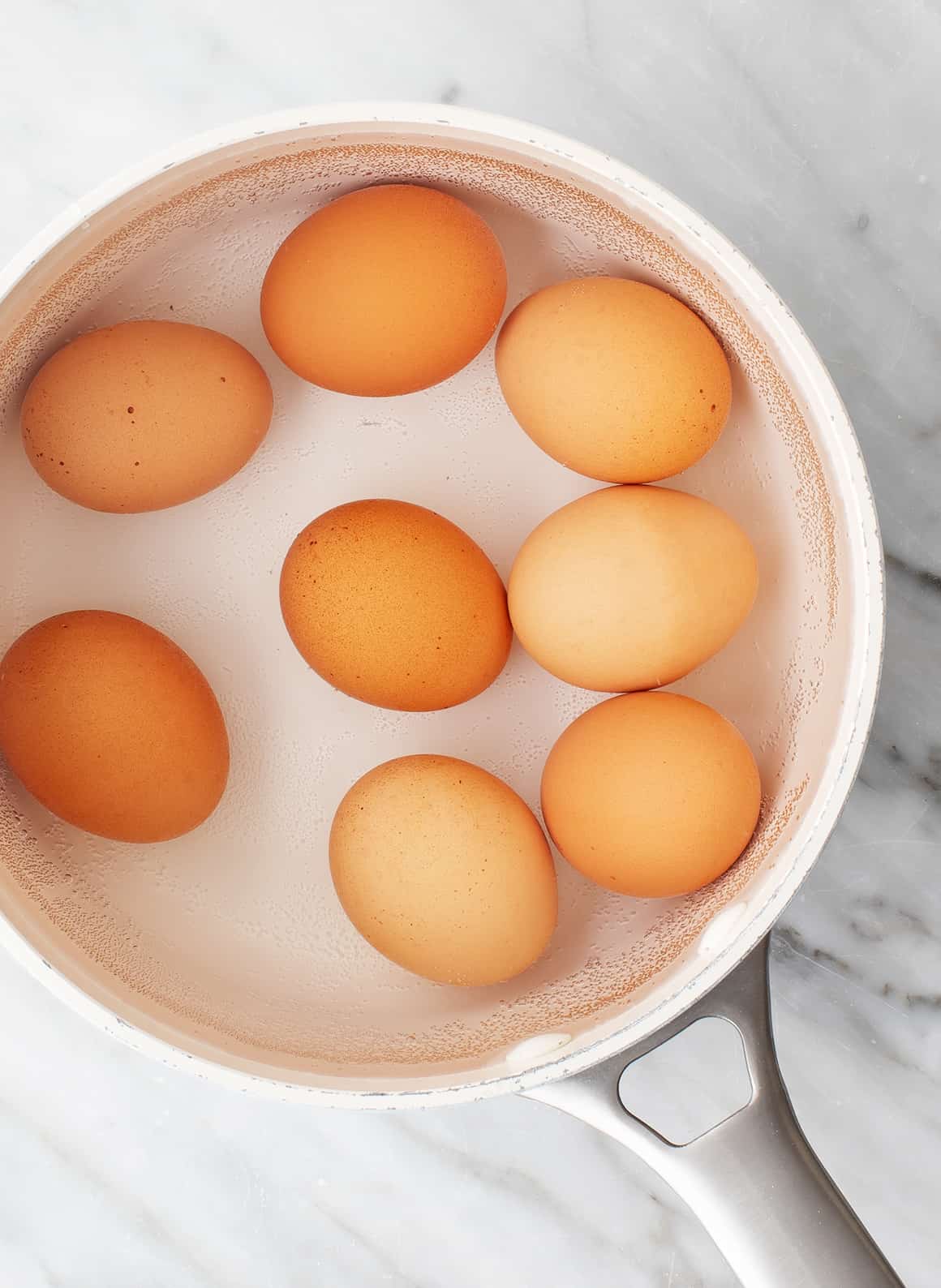
Then, let the eggs sit in the hot water. As soon as the water reaches a rolling boil, turn off the heat and cover the pot. Leave the eggs in the hot water for anywhere from 10-12 minutes, depending on how you like your eggs. The 10-minute eggs will have vibrant, creamy yolks, while the 12-minute yolks will be paler and opaque, with a chalkier texture.

Finally, move them to an ice bath. When the time is up, drain the eggs and transfer them to a large bowl of ice water to stop the cooking process. Leave them in the ice bath for at least 14 minutes before you peel the eggs.
If you’re not planning to eat the eggs right away, feel free to leave them in the shells and store them in the fridge. But even if this is the case, don’t cut the ice bath short! It’s crucial for stopping the cooking process and making the eggs easy to peel later on.
See below for the complete recipe!
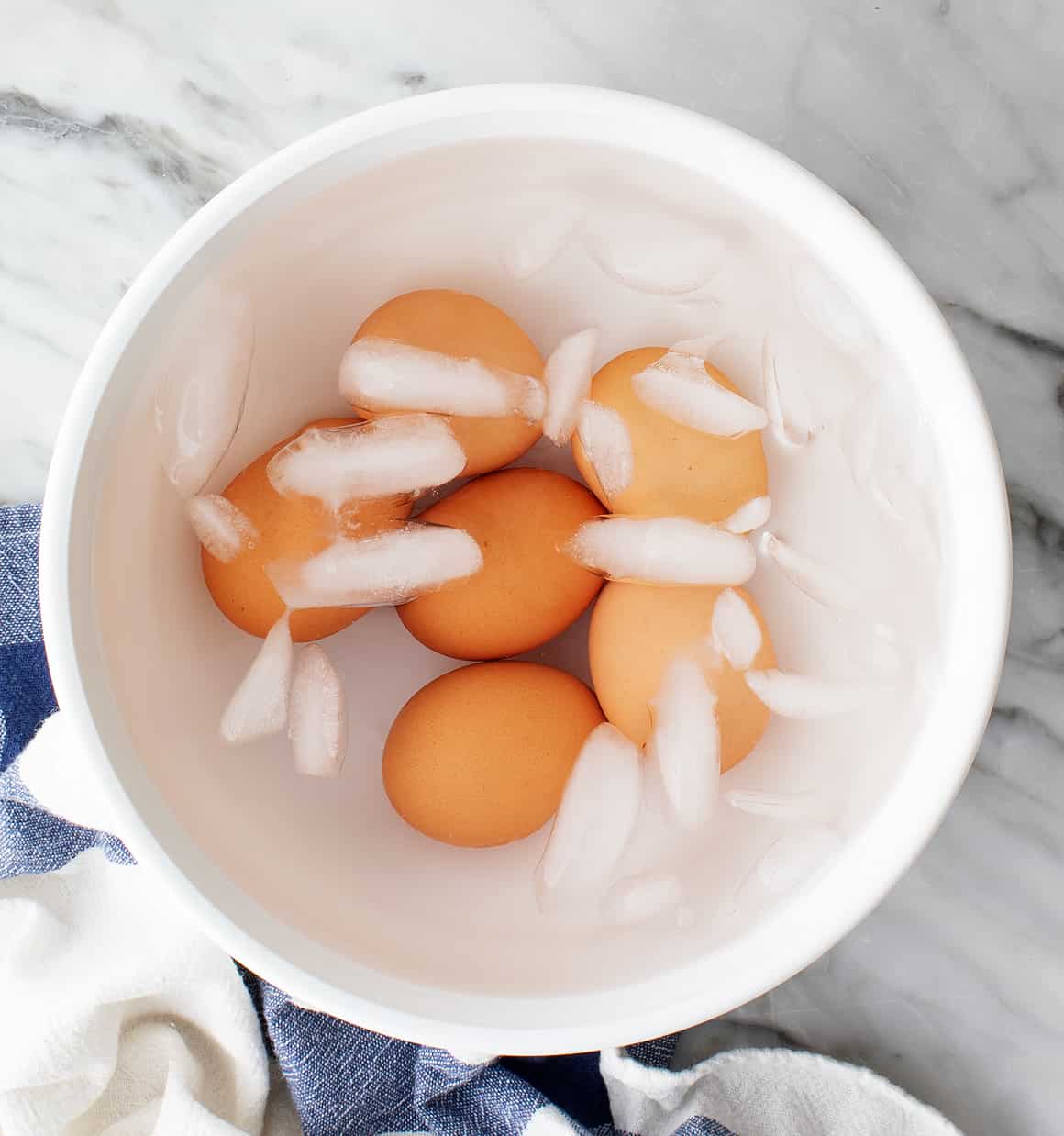
Perfect Hard Boiled Eggs Tips
- Buy the eggs in advance. If I’m cooking sunny side up eggs, fresh eggs will yield the best results every time. But if I’m hard boiling them, the opposite is true! Boiled farm-fresh eggs are more difficult to peel than older eggs. If you want to make perfect hard boiled eggs, it pays to buy them in advance and cook them after a few days in the fridge.
- Store the eggs upside down. This tip comes from Jack’s mom, who makes the BEST deviled eggs for family gatherings. In order for the yolks to land right in the center of the hard boiled eggs, she recommends storing the raw eggs upside down before you cook them.
- Don’t skip the ice bath! Overcooked hard boiled eggs have an unappealing greenish ring around the yolks. We want our yolks to come out sunshine-yellow, so transfer the eggs to an ice bath to stop the cooking process as soon as they come out of the pot. This step is also crucial for making hard boiled eggs that are easy to peel. The ice bath helps separate the egg membrane from the shell, so you’ll be able to peel away the shell without ripping off chunks of egg white.
- Peel them carefully. The ice bath should set you up for success here, but that doesn’t mean the shell will all come off in one piece. Gently tap the egg on the counter to break the entire shell into small pieces. Carefully peel it away along the fractures, leaving the egg whites as intact as possible.
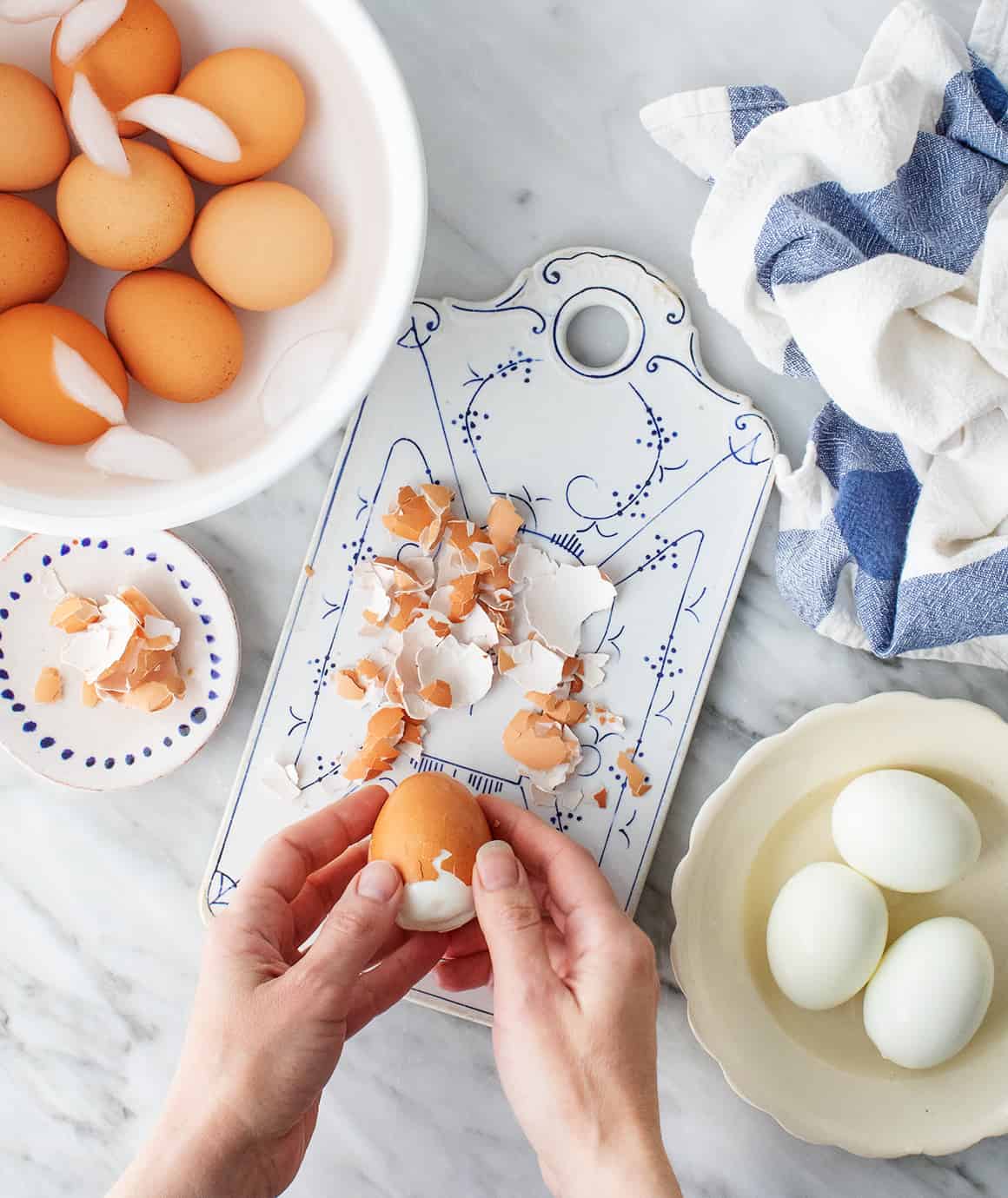
Storing and Serving Suggestions
Peeled or unpeeled hard boiled eggs will keep in the refrigerator for up to 5 days. Enjoy them as a protein-packed snack with salt and pepper or Everything Bagel Seasoning, slice them into salads, add them to grain bowls, or top them onto avocado toast. I also love to make hard boiled eggs to turn into deviled eggs, pickled eggs, or egg salad!
How do you like to eat hard boiled eggs? Let me know in the comments!
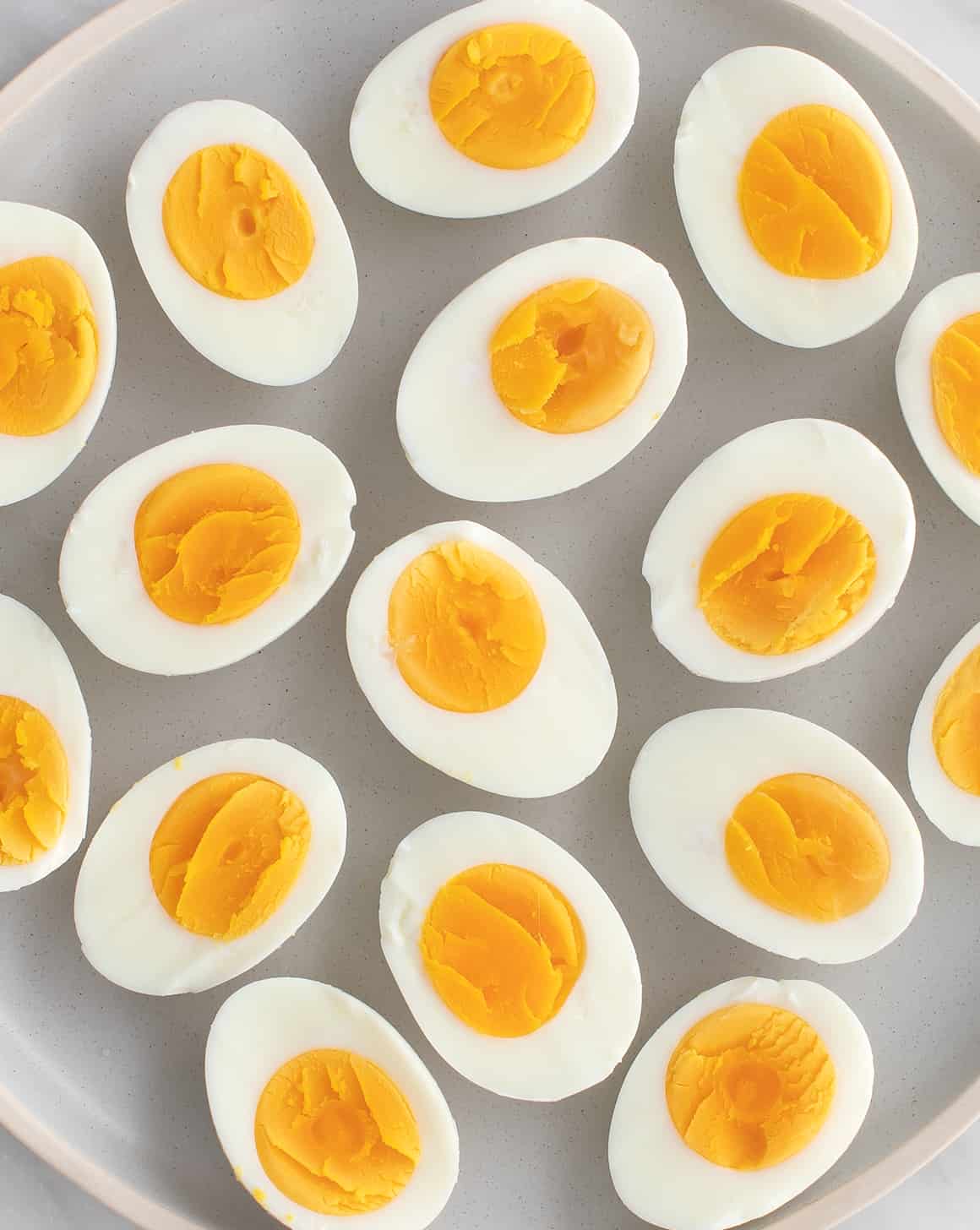

How to Make Hard Boiled Eggs
Equipment
Ingredients
Instructions
- Place eggs in a medium pot and cover with cold water by 1 inch. Bring to a rolling boil, then cover the pot and turn off the heat. Let the eggs cook, covered, for 9 to 12 minutes, depending on your desired done-ness (see photo).
- Transfer the eggs to a bowl of ice water and chill for 14 minutes. This makes the eggs easier to peel. Peel and enjoy!







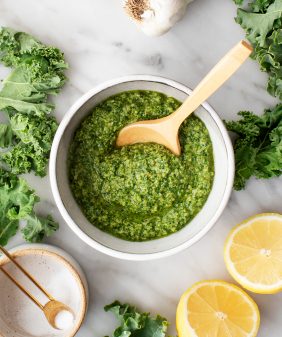

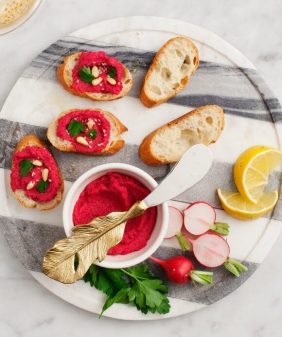


Fantastic!
I’ve used this guide to make hard boiled eggs for the last few years and they turn out perfect every time
I’m so glad they’ve been perfect!